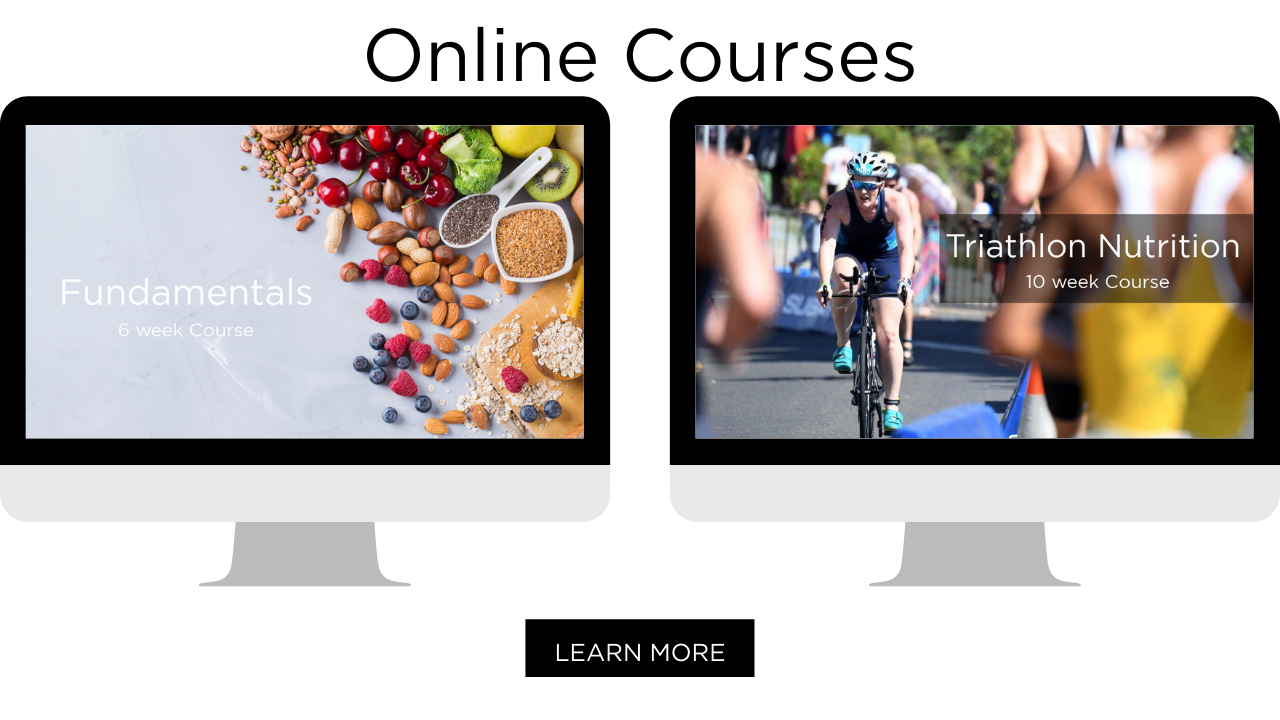Calcium

Calcium is one of the most important minerals in our body. In fact, without calcium we wouldn’t be able to stand or eat as 99% of our calcium is in our bones and teeth!
A small amount of calcium is also dissolved in the blood and is essential for our heart, muscles, blood and nerves. In fact, every contraction of our muscles requires calcium.
So how much calcium do we need and where do we find it?
Calcium Requirements

After higher calcium needs as a growing teenager, our requirements stabilise at 1000mg/day until they increase again as we get older. This is because calcium isn’t absorbed as well in our later years.
We achieve peak bone mass by our early 20’s so it’s important to lay down a good foundation in our teenage years to set you up with good bone density for life.
Food sources of Calcium
In food terms, the best sources of calcium are dairy sources.
Check the label on your milk product and ensure that for each 250ml serve, it contains at least 300mg of calcium. If you prefer milk alternatives, a lot of these are calcium fortified but always check the label for a product that is and ensure it provides at least 300mg calcium per 250ml.

Did you know that low-fat dairy products contain just as much and often more calcium than regular fat products?
Seafood is another good source of calcium
Look for canned fish that contains bones as this is where the majority of the calcium is coming from.
For the vegetarians and vegans, there are some good plant sources of calcium to be sure to include regularly.
Firm tofu, tahini, dried figs, broccoli, canned soybeans, kale and almonds to name a few.
Enhance your calcium absorption
Protein can help with calcium absorption, although too much can have the opposite effect. Vitamin D is also helpful, so get outside for 10-15 minutes each day to catch some rays.
Natural sugars like lactose in milk help calcium absorption too
Calcium blockers
Unfortunately, caffeine and alcohol are not so good for our calcium stores.
The same applies to diets high in oxalates which come from foods such as spinach, rhubarb and beans. These only reduce calcium absorption from the food they are present in.
Phytic acid from seeds, nuts, grains and certain raw beans can reduce calcium absorption from foods when eaten in combination.
Finally go easy on the salt, as calcium is eliminated from the body with it. Choose your canned fish in spring water rather than brine to maximise the calcium absorption from this source.
A daily example that gives you enough calcium…
Breakfast: 1 cup of milk with your porridge, cereal, toast or as a smoothie. Be sure to separate your tea or coffee from your meal so you’re not blocking the calcium absorption.
Morning tea: 200g Yoghurt with fruit
Lunch: Canned salmon with bones or sardines tossed through an Asian slaw salad
Afternoon tea: Small handful of almonds with 1-2 dried figs
Dinner: Firm Tofu stir-fry with rice or noodles
If you need help with your nutrition, here's how you can work with me 1 on 1.
If you're looking for a more cost-effective option, here's how you can get started NOW with one of my online courses
Tags: Brisbane Dietitian, Brisbane Sports Dietitian, calcium, calcium requirements, Dietitian Approved, Dietitian Brisbane, food sources of calcium, Sports Dietitian Brisbane, Strong bones,




